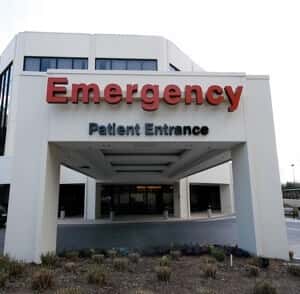
Hospitals have begun paying much more attention to readmissions of patients within a month after they have been discharged.
That is because neither Medicare nor Medicaid will pay for the care of such patients. The rationale is that hospitals will need to help patients stay well after they get home.
To learn how to do that, though, hospital administrators need to know why patients are being readmitted. A new study in JAMA examined unplanned surgical readmissions.
Causes for Readmission
Infection of the surgical site was the most common reason for patients to land back in the hospital, accounting for about 20% of readmissions overall. That adds up to more than 5500 patients readmitted during the course of 2012 from the 300 plus hospitals in the study.
Bariatric surgery had a high rate of digestive tract dysfunction (ileus) or obstruction, about 25%. Another complication that brought discharged surgical patients back to the hospital was bleeding. The authors concluded that readmissions after surgery were mostly due to new post-discharge complications, rather than problems that had appeared before patients were sent home.
Can Hospitals Get to Zero?
In an accompanying editorial, Dr. Lucien Leape urges health care systems to learn from the best hospitals and surgeons who have the lowest rates of post-operative complications, and work in collaboration rather than competition. With great effort, he believes, it is possible to “get to zero” patient harm.

